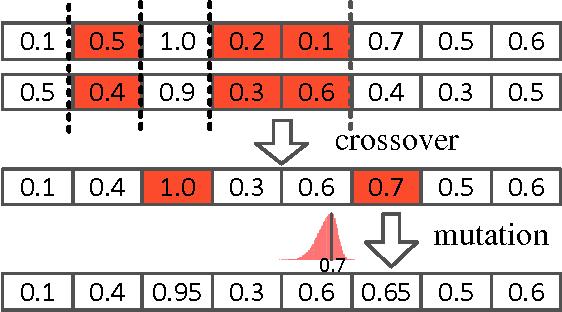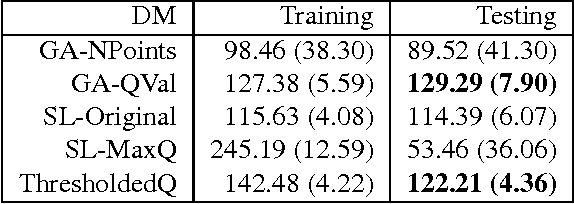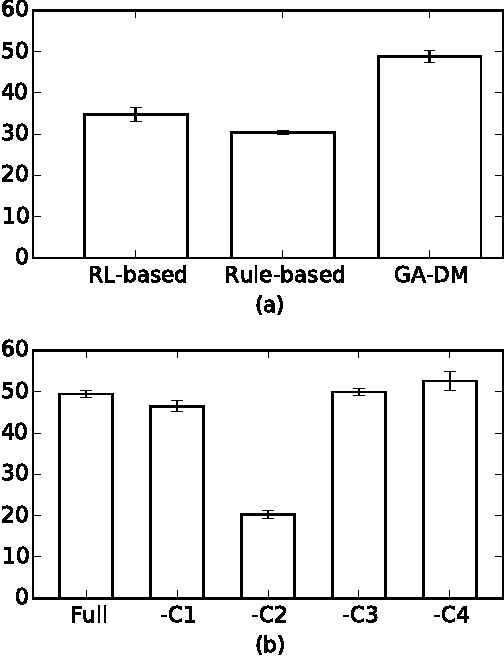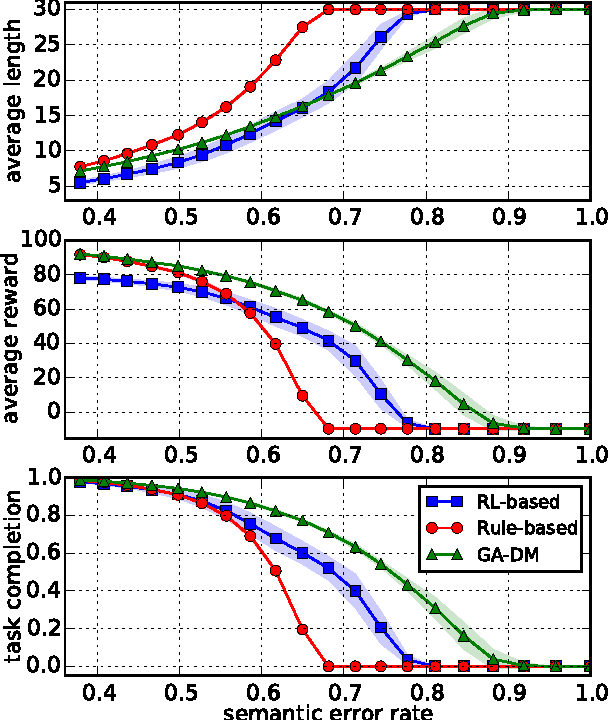Optimizing human-interpretable dialog management policy using Genetic Algorithm
Paper and Code
May 13, 2016



Automatic optimization of spoken dialog management policies that are robust to environmental noise has long been the goal for both academia and industry. Approaches based on reinforcement learning have been proved to be effective. However, the numerical representation of dialog policy is human-incomprehensible and difficult for dialog system designers to verify or modify, which limits its practical application. In this paper we propose a novel framework for optimizing dialog policies specified in domain language using genetic algorithm. The human-interpretable representation of policy makes the method suitable for practical employment. We present learning algorithms using user simulation and real human-machine dialogs respectively.Empirical experimental results are given to show the effectiveness of the proposed approach.
 Add to Chrome
Add to Chrome Add to Firefox
Add to Firefox Add to Edge
Add to Edge